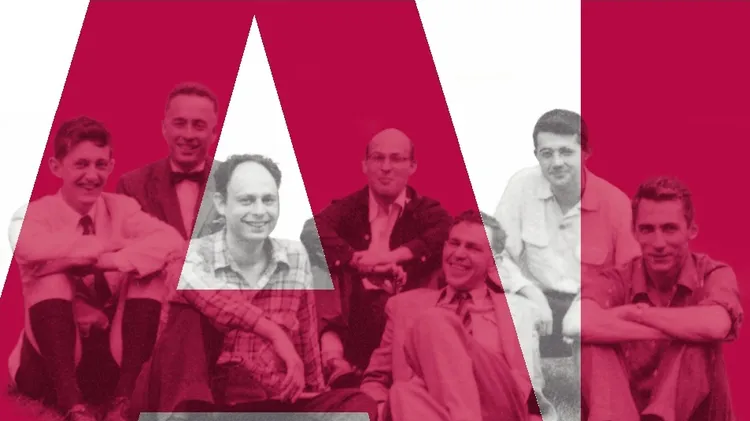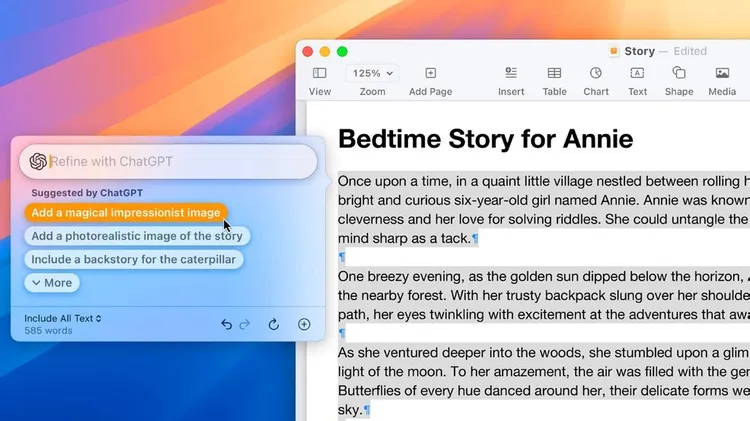INSIDE ELON MUSK’S FIGHT—AND FEARS—FOR THE FUTURE OF ARTIFICIAL INTELLIG
The control key
11 min read
This article is from...
Read this article and 8000+ more magazines and newspapers on Readly






